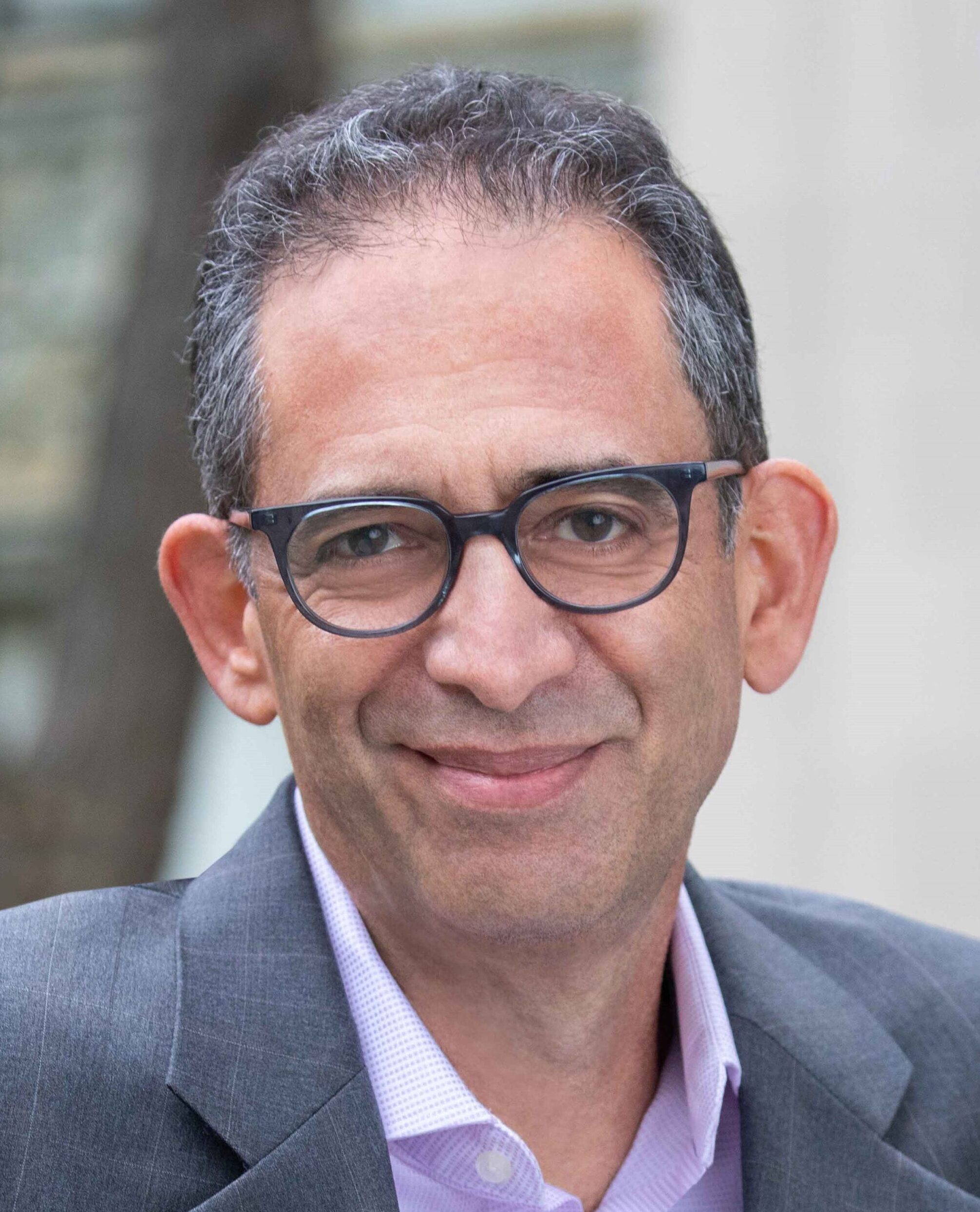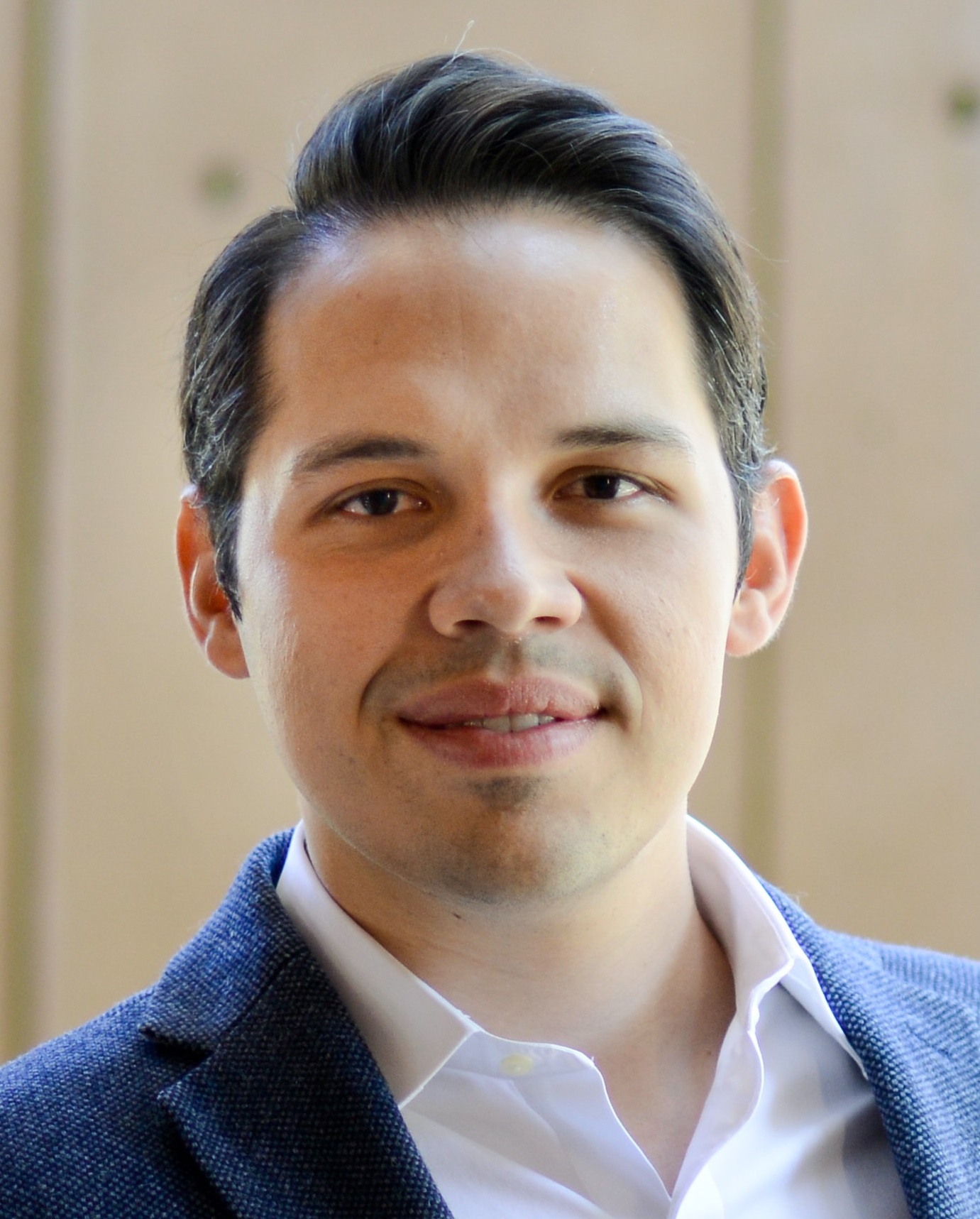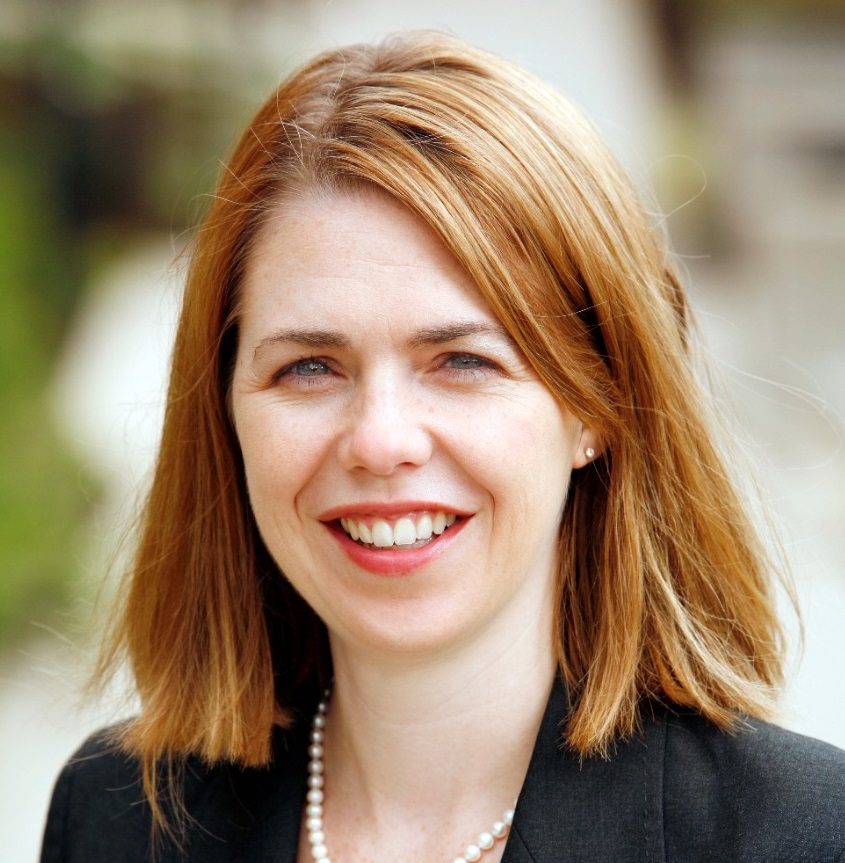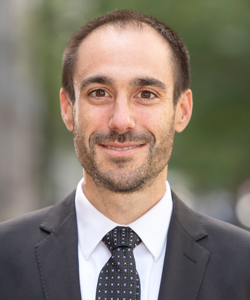The Civil Justice Scholarship Award, bestowed periodically to published legal academics, recognizes current, scholarly legal research and writing focused on topics in civil justice, including access to justice and the benefits of the U.S. civil justice system, as well as the right to trial by jury in civil cases.
Nomination Deadline: September 9, 2024 2025 Award Criteria / Nomination Form
The Civil Justice Scholarship Award is supported by a grant from the AAJ Robert L. Habush Endowment.
2024 Winners — Keating and Malveaux
 |  |
2023 Winners — Goldberg, Zipursky, Zambrano
Professor Zambrano, of Stanford Law School, is recognized for his article, Federal Expansion and the Decay of State Courts (86 U. Chi. L. Rev. 2101 (2019)). Zambrano argues that we are now in a “third era of judicial federalism, defined by federal judicial expansion into areas of state-court power and federal monopolization of large and complex litigation,” coinciding with decay of state courts. Yet, at a time of federal efforts to circumscribe access to court, state courts are more important than ever. This “federal expansion and state-court decay represent the most fundamental developments in judicial federalism.” Zambrano offers evidence that, in the 1980s and 1990s, the federal government “began to aggressively appropriate state-court litigation,” for instance allowing institutional litigants to opt out of state courts. But, while federal courts have adopted “prodefendant procedural rules . . . state courts remain relatively proplaintiff, leading to a clear divergence between the two systems and a host of normative concerns.” The Award recipients will receive monetary stipends and a paid trip to be honored at the NCJI Fellows reception in Phoenix, Arizona in February 2023. High Distinction for an Article Professor Jonathan Cardi, Professor Valerie Hans, Professor Gregory Parks
The Institute also recognized with high distinction the team of Professor Jonathan Cardi of Wake Forest University School of Law, Professor Valerie Hans of Cornell Law School, and Professor Gregory Parks of Wake Forest University School of Law, for their article Do Black Injuries Matter?: Implicit Bias and Jury Decision Making in Tort Cases (93 So. Cal. L. Rev. 507 (2020)). The authors conducted one of the first comprehensive experimental examinations of how race affects judgments on personal injuries. They found that the dollar awards for the injuries suffered by black plaintiffs in hypothetical cases were lower than awards for the same injuries experienced by white plaintiffs. “These results,” they conclude, “offer troubling new evidence of how race, responsibility, and injury are intertwined.”
Professor Jonathan Cardi, Professor Valerie Hans, Professor Gregory Parks
The Institute also recognized with high distinction the team of Professor Jonathan Cardi of Wake Forest University School of Law, Professor Valerie Hans of Cornell Law School, and Professor Gregory Parks of Wake Forest University School of Law, for their article Do Black Injuries Matter?: Implicit Bias and Jury Decision Making in Tort Cases (93 So. Cal. L. Rev. 507 (2020)). The authors conducted one of the first comprehensive experimental examinations of how race affects judgments on personal injuries. They found that the dollar awards for the injuries suffered by black plaintiffs in hypothetical cases were lower than awards for the same injuries experienced by white plaintiffs. “These results,” they conclude, “offer troubling new evidence of how race, responsibility, and injury are intertwined.”
2022 Winners — Fitzpatrick and Frankel
High Distinction HonoreesThe Institute also recognized law review articles for high distinction among the 49 nominations received. Professor Brooke Coleman of Seattle University School of Law, is recognized for her article #Sowhitemale: Federal Civil Rulemaking (113 NW. U. L. Rev. 407 (2018)) in which she addresses gender and racial inequality in the rulemaking process, asking members of the legal profession to recognize, account for, and address institutional sexism and racism. Professor David Noll, of Rutgers Law School, is recognized for his article Arbitration Conflicts (103 Minn. L. Rev. 665 (2018)), in which he explores the question of how the Federal Arbitration Act (FAA) relates to other federal laws, which provide some of the most important checks on the use of arbitration to block aggregate litigation and hide evidence of wrongdoing from public scrutiny.2021 Winners — Sperino, Thomas, and Wojcik2021 Civil Justice Scholarship Award to Sandra Sperino, Suja Thomas, and Mark Wojcik
High Distinction HonoreesThe Institute also recognized two publications for high distinction among the 35 nominations received: Rights and Retrenchment: The Counterrevolution against Federal Litigation (Cambridge University Press 2017), in which Professors Stephen Burbank, of the University of Pennsylvania Law School, and Sean Farhang, of the University of California, Berkeley, examine responses to the “rights revolution” that unfolded in the United States during the 1960s and 1970s, and trace the increasing hostility to the enforcement of rights through lawsuits; and The Trouble with Trial Times Limits, 106 Geo. L. J. 933 (2018), in which Professor Nora Freeman Engstrom, of Stanford Law School, examines an issue that is quietly and negatively affecting trials at a time when few cases go to trial. She looks at specific trials and data that demonstrate the random implementation of time limits of trials, and how they add additional limitations on plaintiffs.2020 Winner — Clopton and Steinman2020 Civil Justice Scholarship Award to Zachary Clopton and Adam Steinman
High Distinction for an Article 2019 Winner — Alexandra Lahav2019 Civil Justice Scholarship Award to Alexandra Lahav, In Praise of Litigation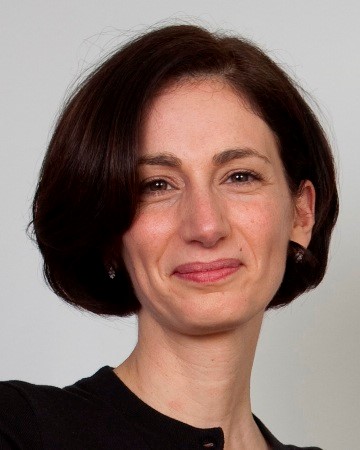 High Distinction for Two PublicationsThe committee also recognized two works for high distinction among the nominations received: one for a book and one for an article. In the book category, the committee honored Professor Suja Thomas of the University of Illinois College of Law for her book The Missing American Jury: Restoring the Fundamental Constitutional Role of the Criminal, Civil and Grand Juries (Cambridge University Press, 2016). |
